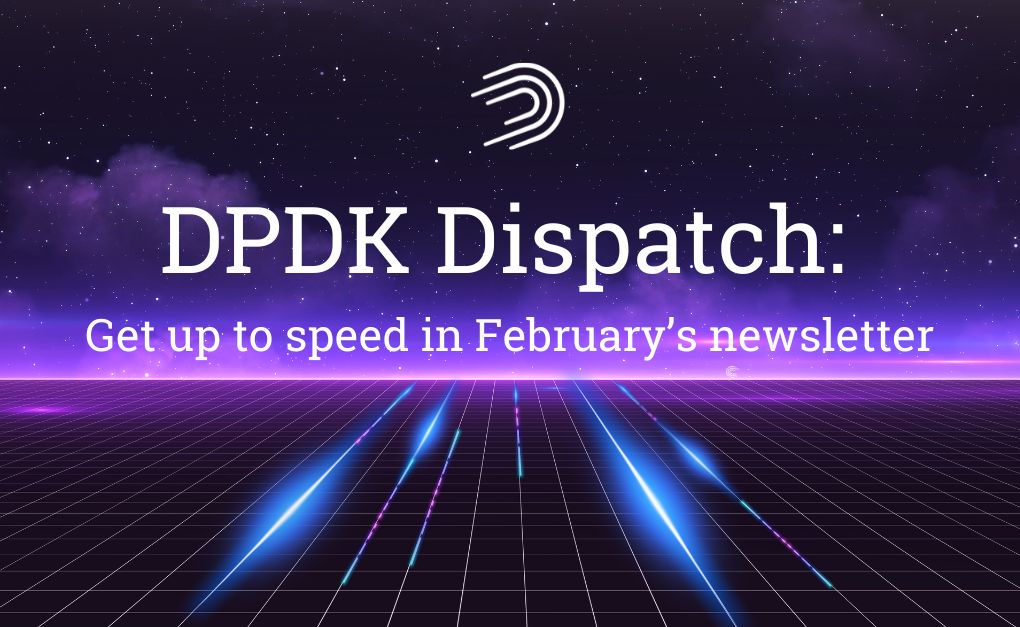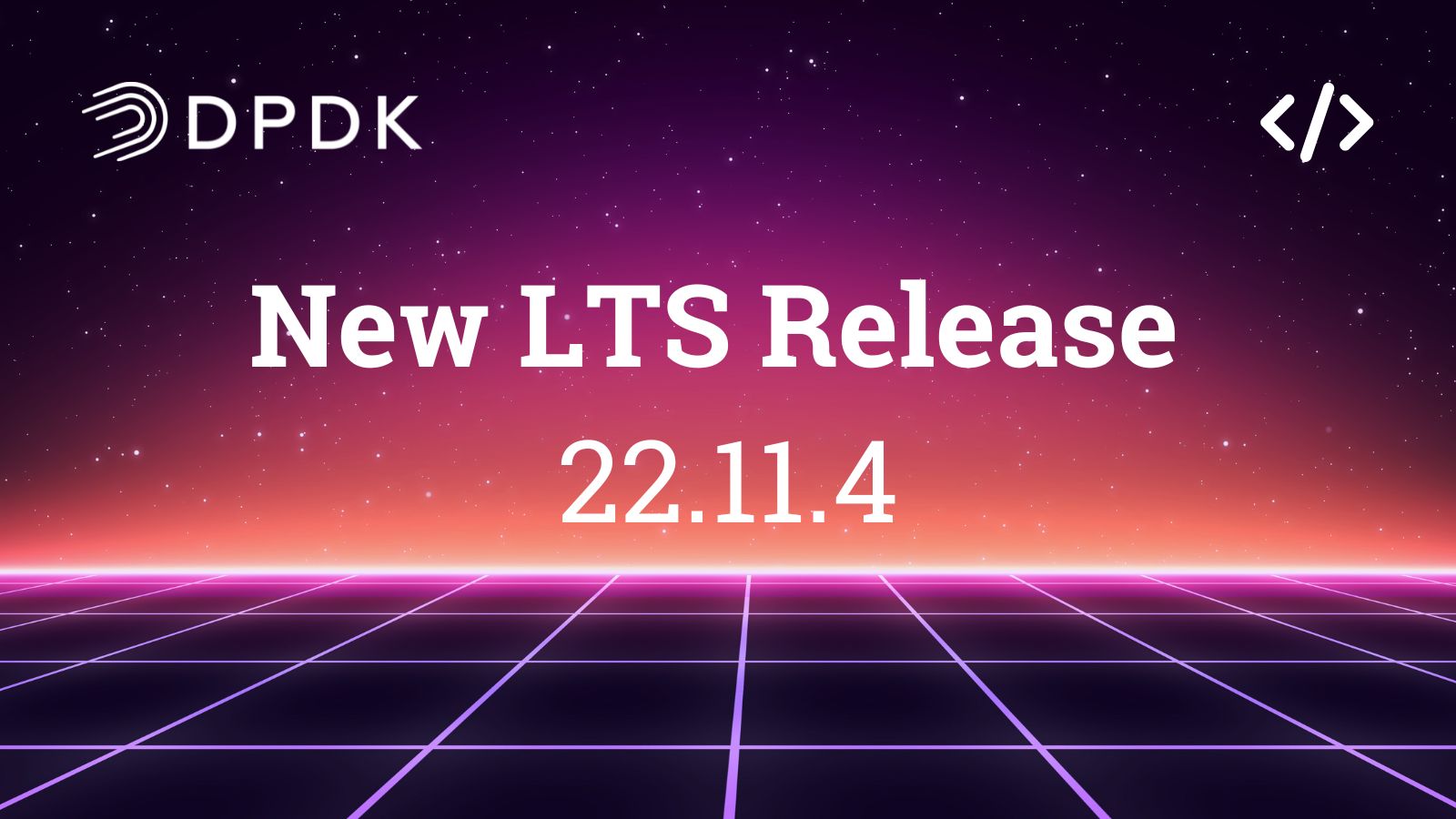This board meeting featured: a UNH Community Lab update from Patrick Robb of the University of New Hampshire, a 2024 Events update from Events Coordinator Evi Harmon of The Linux Foundation, a marketing update from Marketing Coordinator Ben Thomas of The Linux Foundation, an outreach update from Sr. Project Coordinator Nathan Southern of the Linux Foundation, and a financial overview/ membership renewal update from Vice Chair/Treasurer Robin Giller, of Intel.
Patrick Robb began by outlining recent Community Lab news. The Lab added a Windows Server 2022 VM utilizing the MSVC Preview compiler for build testing, and stood up the TS-Factory Ethernet Device testing framework, extending ethdev testing coverage on lab hardware. It also completed a NIC hardware refresh. It also recently hired one freelance part time DTS developer and is in the process of interviewing another. The Community Lab is also exploring the option of purchasing new servers to augment its capabilities.
As a result of current limitations, the Lab may look to the Governing Board to support the purchase of new servers in the near future. The lab currently has a very heterogeneous set of server brands, which increases operational overhead, but limits its ability to automate system monitoring, etc. Making the Lab environment more homogeneous would have key benefits. If new servers can be obtained for the Community Lab, it will streamline the onboarding of new NICs in the future, which may have some requirements not met by the present server inventory.
Mr. Robb and Aaron Conole plan to present a concrete server update proposal to the DPDK Governing Board in the near future. Mr. Conole noted that he recently did a Community Lab inventory, and one of his chief concerns is making sure that the quality of the performance testing is on par with the best capability that can be provided.
Evi Harmon then provided an update on 2024 DPDK events. She has, per a Board prompt, been exploring options on behalf of the project for two 2024 events – one in North America (likely either Mexico or Montreal, QC) and an APAC one in either Bangkok, Thailand or Beijing, China. However, Mexico has not been responsive to venue requests.
Seven Montreal venues responded to the Event Team’s inquiries, vs. two in Beijing and 7 in Bangkok. For Montreal, available dates include: the week of Aug 6, Aug 13, Aug 20, Aug 27, Sept 4, Sept 10 and Sept 24. In regard to the APAC event: this is being pursued as a two-day, one-track event for up to 75 attendees, without a reception but AM/PM breaks and lunch. For Bangkok and Beijing, available dates include: week of Sept 4, Sept 10, Sept 24, Oct 15, Oct 22 and Oct 29.
Ms. Harmon plans to continue to source venues for all three cities and obtain firmer costs, and a subsequent meeting will be set up with leadership during the next few weeks to make a firm decision between one of the two aforementioned APAC locations.
Ben Thomas updated DPDK marketing effort for 2024 is off to a strong start, between the meetings that have been held, the content Mr. Thomas is developing, and his own increased familiarity with the tech stack in general, as well as the community. There are many user stories and developer spotlights in the pipeline. Mr. Thomas has rebranded the DPDK newsletter, and he is tracking all of the stats on the created content. Mr. Thomas foresees the quality improving further, as he becomes better acquainted with the tech itself and the community at large.
Mr. Thomas also took some 2023 benchmarks from the content that has been created and the social media channels, newsletter, etc., and built on those targets to establish 2024 benchmarks. Currently, he is measuring the impact of the content and marketing activities. Mr. Thomas displayed the uptick in traffic to the DPDK website since he onboarded. The focus is on owned instead of earned media, but is also doing earned 3rd party PR to help drive traffic.
Nathan Southern and Robin Giller reported that all members but one have either paid their renewals for 2024 or have a payment in process. None to date have declined a renewal. Fiscally, the project remains on strong footing.
Finally, Mr. Southern reported back on DPDK’s request of year-over-year interest collection on its standing surpluses, and noted that the Linux Foundation Board of Directors has approved this request for all projects. A summary of exact figures is forthcoming to the board. Mr. Southern will forward the Linux Foundation’s Investment Policy Statement to the DPDK Governing Board when it becomes available.





